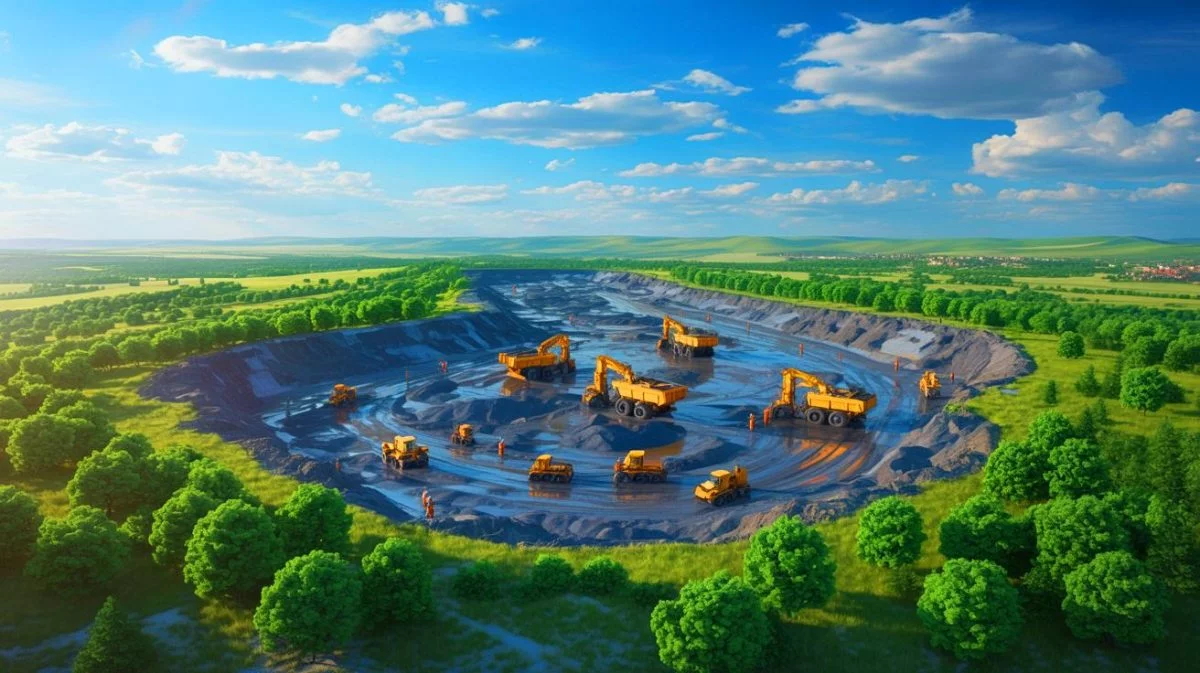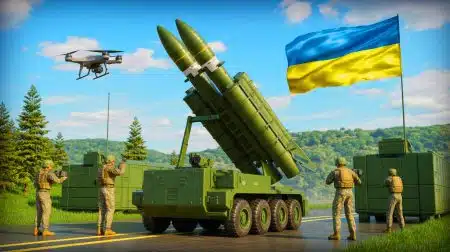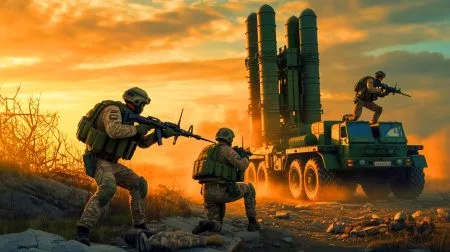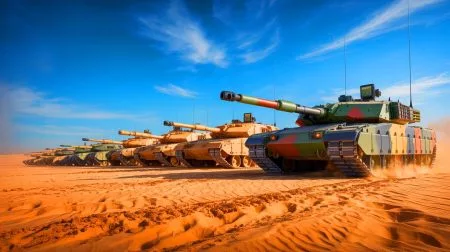| IN A NUTSHELL |
|
The recent occupation of a lithium-rich region near Shevchenkove in Ukraine’s Donetsk region by Russian troops has captured global attention. This strategic move underscores the increasing significance of natural resources in geopolitical conflicts. The area, spanning around 250 acres, holds one of Europe’s most substantial lithium reserves. With the global demand for lithium surging, driven by the push for decarbonization and technological advancement, control over such resources is growing ever more valuable. This article delves into the ramifications of Russia’s control over this site and its impact on global mineral security and geopolitical dynamics.
Understanding the Significance of Shevchenkove’s Lithium Reserves
The Shevchenkove deposit is located approximately six miles from the town of Velyka Novosilka, which was seized by Russian forces earlier this year. While the village itself holds little tactical importance, its underground wealth is of immense strategic value. Lithium, often referred to as “white gold,” is a critical component in the production of batteries for electric vehicles, aerospace materials, energy storage systems, and electronics.
In 2022, lithium prices soared to over $87,000 per ton, reflecting high demand and value. Although prices recently dropped to about $9,000 per ton in China as of June 2025, the mineral remains commercially and strategically significant. By occupying the Shevchenkove site, Russia not only gains a valuable resource but also solidifies its control over Ukraine’s natural assets. This occupation exemplifies a broader pattern of targeting critical resources, potentially impeding Ukraine’s post-war recovery and future international investments.
Impact on Ukraine’s Economic Outlook
Before the invasion, the area around Shevchenkove had attracted considerable foreign interest due to its rich mineral deposits, as Ukrainian state agencies sought to reduce dependence on imported raw materials. However, Russia’s occupation of this site disrupts these plans and poses a significant challenge to Ukraine’s economic prospects.
Analysts suggest that this move is part of a larger Russian strategy to dominate resource corridors and thus hinder Ukraine’s access to domestic revenue sources. With control over key mineral extraction sites, Ukraine faces new hurdles in rebuilding its industrial base. This is particularly concerning as international support for reconstruction strategies continues to grow. The occupation not only affects Ukraine’s immediate economic recovery but also raises doubts about its long-term industrial stability and ability to attract foreign investments.
A Significant Challenge for the U.S. and Allies
In May, the United States and Ukraine formally concluded a bilateral agreement to establish the Reconstruction and Critical Mineral Partnership Investment Fund. This initiative, a 50/50 joint venture between Washington and Kyiv, aims to channel investments into mining, oil, gas, infrastructure, and processing projects within Ukraine. The Shevchenkove lithium deposit was identified as a potential development site under this framework.
With Russia now controlling this area, the feasibility of these plans is jeopardized. The occupation challenges the efforts of the U.S. and Europe to establish resilient, non-Chinese supply chains for battery-grade lithium and other critical minerals. With increasing global competition, the strategic importance of mineral security for NATO and EU member states becomes paramount. Lithium, cobalt, and rare earths are integral to energy transitions, defense production, and economic stability, making them a central topic in international political and security discussions.
Geopolitical and Economic Implications
By expanding its presence in Donetsk and controlling the Shevchenkove lithium site, Russia enhances its ability to influence regional resource flows and broader geopolitical dynamics. This move highlights the increasing role of mineral deposits in global markets and modern hybrid wars, where economic assets are as fiercely contested as territorial boundaries.
The strategic significance of the Shevchenkove site and similar reserves cannot be overstated. As nations grapple with the challenges of energy transition and supply security, control over critical minerals is expected to shape future diplomatic and economic landscapes. As the world observes these developments, one question looms large: How will the international community respond to the growing threat of resource-driven conflicts?
Did you like it? 4.4/5 (23)









Wow, this is like a game of Risk, but with lithium! 🎲
Je me demande si l’Europe a un plan B pour sécuriser ses ressources en lithium?
Russia’s move seems like a chess game where they just took a queen. 🤔
Thanks for the insight! I never realized how critical lithium has become in global politics.
C’est fou comme les ressources naturelles peuvent changer la donne géopolitique.
Are there any sanctions that could deter Russia from holding onto these lithium reserves?
Does anyone else feel like we’re living in a geopolitical drama series? 🍿
Lithium prices fluctuating so much is a bit worrying for the tech industry.